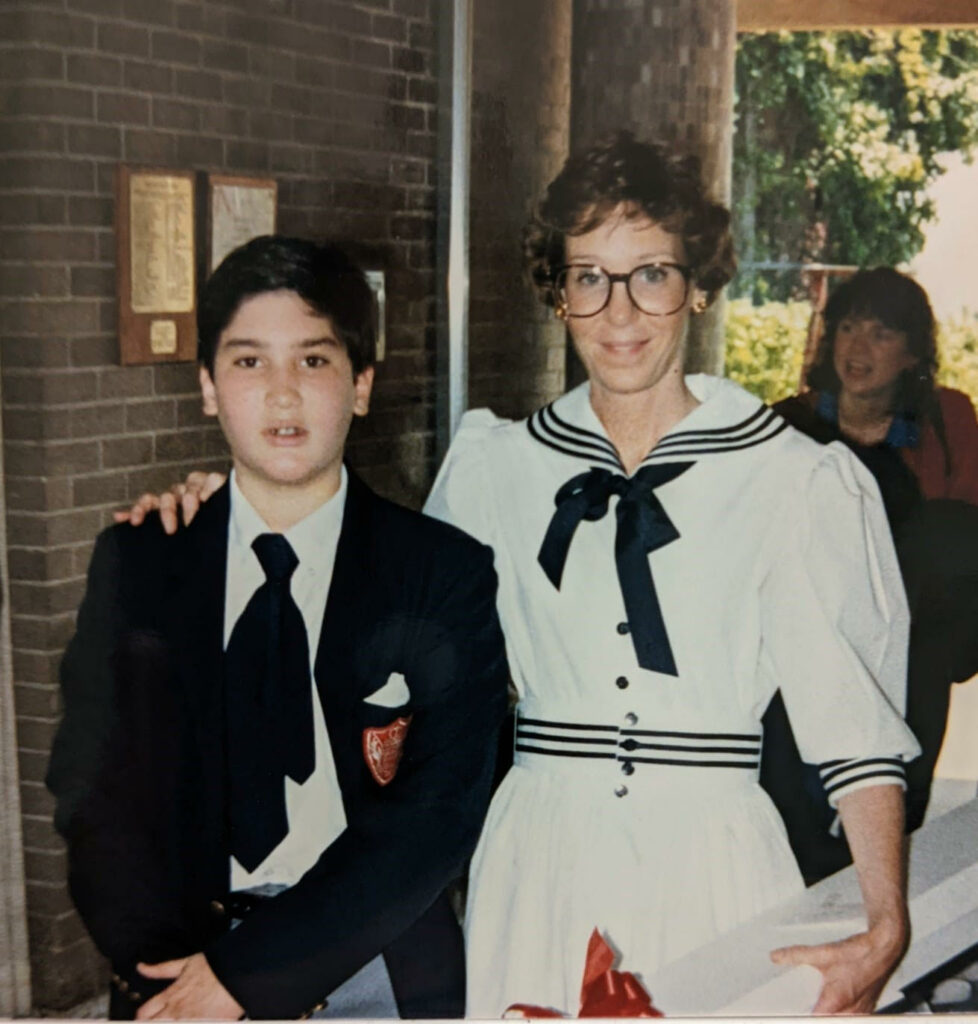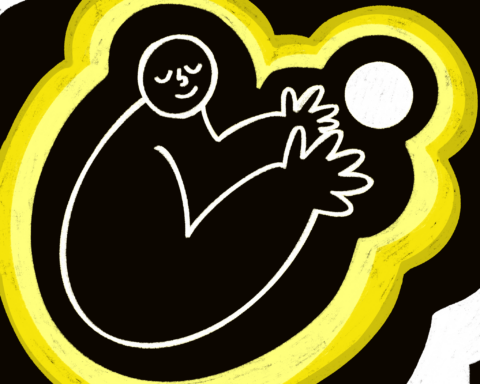Dear Ms. Wade,
My mother likes to say that people who see me speak on stage or socialize at a party have trouble believing that I was a shy child. I admit that I sometimes find it difficult to remember what it was like as that timid kid who struggled to fit in at a Chicago Roman Catholic school.
I always desired to shine and speak up, but I felt scared in middle school. Maybe I was afraid of embarrassment. Maybe I just didn’t want to be shunned. I was a nerdy kid, and even though we all had to wear the same school uniforms, I still came across as deficient in my fashion sense.
Plus, I was not athletic. Closer to clumsy, really.
I froze when I had to speak publicly. I lacked the confidence to look my classmates in the eye and express myself. I so longed to be able to do that. But through all of that Ms. Wade, you saw something in me. You gave me an opportunity to prove my mettle and shine.

My favorite part of the week in your classroom was the current events quiz.
Your sixth-grade students were challenged to read the newspaper each day and answer questions based upon that week’s news. I read the Chicago Tribune religiously and I often came in first in this challenge.
The questions included who was the new mayor of Chicago to what world event was going on. It was the final years of the Reagan administration so conversations between the U.S. and the former USSR were a big deal.
The prize might have just been a gold star or a piece of candy, but I enjoyed having bragging rights in something. While it didn’t make me any more popular with the other students, it still made me feel special and confident to know that I showed some talent and success in this area. Little did I know that being rewarded for loving to read and knowing the day’s news would lead to a decades-long career.
I knew there was such a thing as a newspaper reporter and an author. But I had no idea how I, the son of immigrants who had never met a journalist or a writer, could aspire to join the profession.
I also looked forward to learning Social Studies from you. You imbued your lectures with personal anecdotes that were hilarious and made our class remember the lessons. But for as much fun as we had in class, you did not suffer fools, nor did you abide misbehavior or disrespect of others. If kids misbehaved in the classroom or in the hallway, you would give them a very public dressing down and you made it clear you would send them to detention, know as “Justice under God” or JUG in our school.

You wanted all of us to feel special, sometimes to a fault. I remember that you asked the class to say superlatives to describe ourselves that would be featured in writing on construction paper hanging in the back of the classroom. Some called themselves fast, others athletic, and others brainy.
I could not come up with one. My shyness once again froze my tongue and while I knew I had a desire to say something grandiose, my embarrassment got in the way.
You came up with the idea of labeling me as “nice.”
To you, being a nice, well-behaved boy was a good thing.
I played into that role, perhaps a little bit too much, not realizing that there were people who liked to take advantage of or dismiss those who were “nice.”
It was a lesson, in the long term, however, of not letting others label you or letting niceness be a disadvantage, and finding ways to creatively redefine yourself on your own terms. That has influenced a lot of my work today on encouraging good citizenship and civics under the umbrella of civility.
I tell people that being civil isn’t being a doormat or being “Bless your Heart” nice (Southerners will get this). It is about modeling, encouraging, and promoting respectful behavior, speaking up against injustices, and upholding society while also challenging it to do better.
Your lessons influenced the person I am today because you modeled this behavior for us.
You were kind, but firm; funny, but serious when we misbehaved; and you rewarded good behavior and ensured accountability for misconduct.
There are many other wonderful memories I have of your classroom, including the way you wrote our names on shamrocks made of green construction paper on St. Patrick’s Day. You added a “Mc” or “O’” to our names in solidarity with Ireland. It was an early lesson in inclusion and it set the stage for me valuing the gift of diversity in my classrooms and my workplaces.
It was many years before I was able to shed my shyness and feel comfortable expressing myself in public, but you planted some critical seeds in me that started my journey to becoming the man I am today. I thank you so much.
Sincerely,
David
David Plazas is the opinion and engagement director at the USA TODAY Network Tennessee and is based in Nashville, Tenn.



